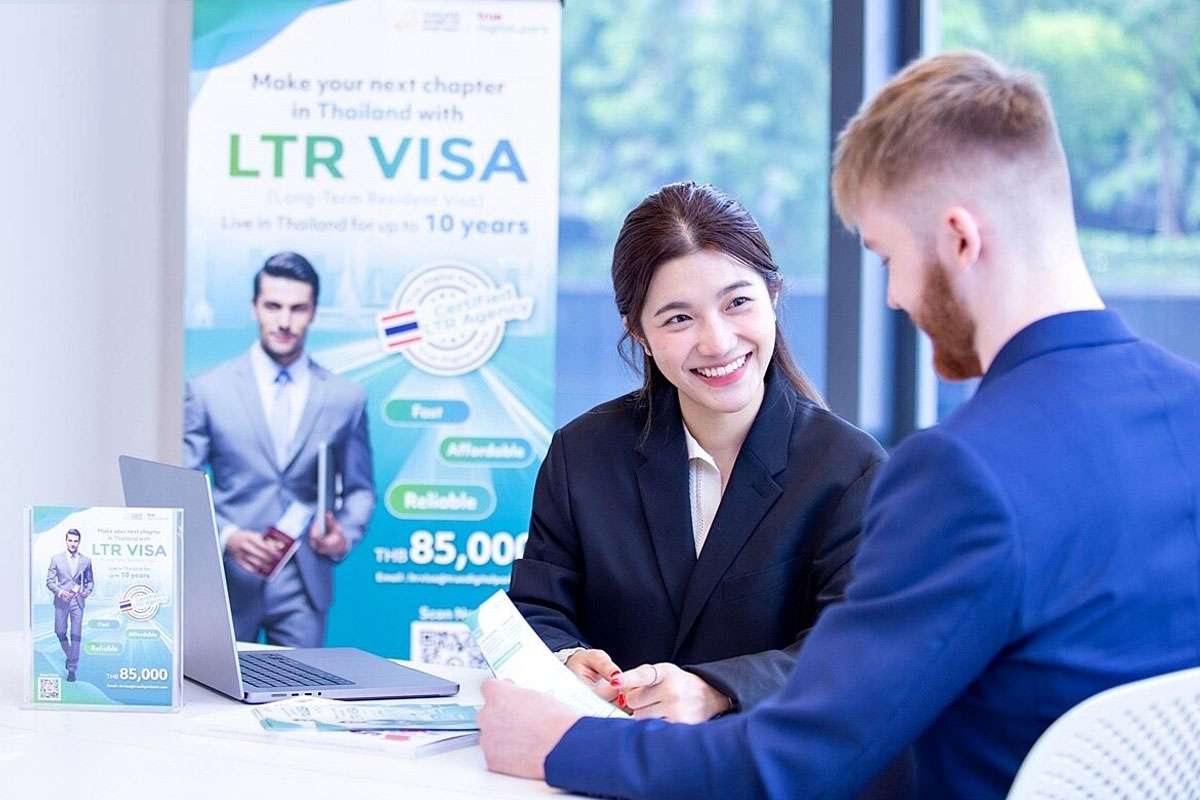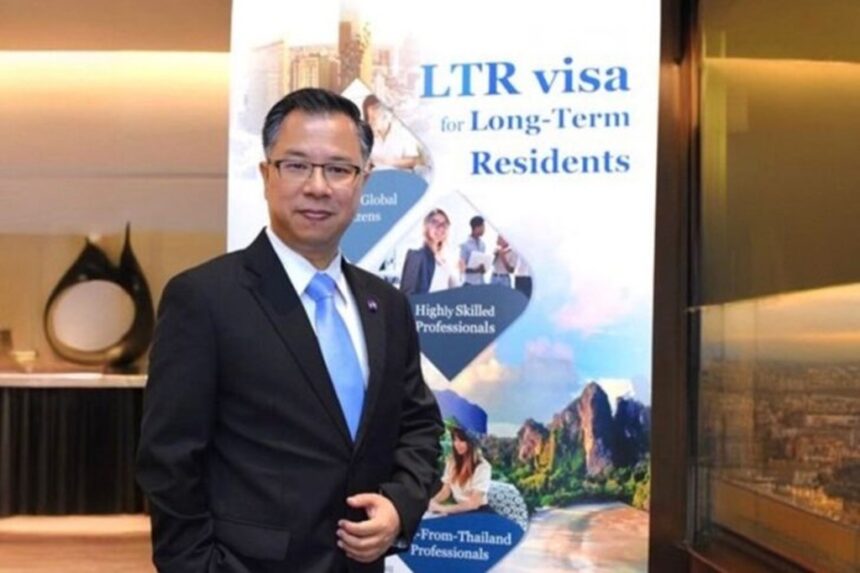Thailand has taken a bold step to attract global talent and investors with its revamped 10-year Long-Term Resident Visa program.
The updated scheme, approved in January 2025, is designed to make Thailand a destination for professionals, retirees, and digital nomads. Thailand is creating a more appealing environment for foreign nationals by offering long-term incentives and simplifying the visa process. Here’s what you need to know about the changes and why they matter.
Big Incentives for Wealthy Global Citizens
Wealthy individuals now encounter fewer hurdles under the revised Long Tern Resident Visa (LTR) program. The focus has shifted from high-income requirements to assets and investments within Thailand. Applicants must show ownership of stable assets worth at least 17.5 million baht (approximately $500,000) and commit to long-term investments in the country.
This change underlines Thailand’s strategy to attract those who can contribute to the local economy while enjoying the country’s unique lifestyle. By easing financial barriers, the government aims to attract a wider pool of global citizens who value both luxury and opportunity.
Flexible Options for Skilled Professionals and Digital Workers
The revamped visa brings significant perks for highly skilled professionals and remote workers. Thailand has dropped the work experience requirement and is focusing instead on qualifications and employment with reputable organizations. This makes the visa more accessible to younger professionals who might not have years of experience.
Another major shift is the reduction of the minimum income threshold for employees of remote businesses. Now, workers in organizations with annual revenue of $50 million or more qualify—down from the previous $150 million requirement. This opens doors for employees of startups and mid-sized companies to live and work in Thailand.

Benefits Designed to Simplify Life
Thailand’s’ new LTR Visa program offers more than just long-term residency. Visa holders enjoy perks aimed at making life easier and more convenient, such as:
- 10-Year Residency with Unlimited Re-Entry: No need to worry about frequent immigration hurdles.
- Simplified Reporting Requirements: Visa holders report to immigration annually rather than quarterly.
- Reduced Personal Income Tax: Highly skilled professionals benefit from a competitive 17% tax rate.
- Dependents Welcome: Families, including spouses, children, and parents, are eligible under the program.
These perks reflect Thailand’s’ commitment to creating an environment where foreign professionals and their families can thrive.
New Opportunities for Educators and Innovators
Thailand is also targeting educators with these changes. The new visa rules now extend to teachers and lecturers in higher education and vocational institutions. This move aims to transfer skills and knowledge to Thai citizens, bolstering the country’s workforce and educational infrastructure.
By attracting top-tier educators and innovators, Thailand hopes to position itself as a regional leader in talent development. This approach aligns with the country’s long-term goals of building a knowledge-based economy.
A Rising Interest Among Foreign Nationals
The updated LTR Visa program is already showing results. Over 6,000 foreign professionals have taken advantage of the scheme, with Europeans leading the charge. Americans, Japanese, Chinese, and Indian nationals also represent significant portions of applicants.
This momentum suggests Thailand is succeeding in its bid to become an attractive hub for global talent. With geopolitical uncertainties driving shifts in where professionals and investors operate, Thailand capitalises on its strategic location and favourable policies.
The revised visa program emphasizes economic contribution as much as residency. Whether through investments, skills transfer, or increased domestic spending by dependents, the scheme benefits Thailand’s’ economy in the long run.
Focusing on assets and investments rather than income is particularly strategic. It attracts wealthy individuals and ensures their contributions are tied directly to local industries, real estate, and other sectors.
Why the Long-Term Resident VisaChanges Matter
These updates aren’t just about simplifying paperwork; they reflect Thailand’s broader strategy to attract and retain global talent. With its blend of culture, cost-efficient living, and growing infrastructure, the country is positioning itself as a viable alternative to other sought-after destinations.
Thailand’s’ revamped LTR Visa program demonstrates how well-targeted policies can make a country more competitive globally. By catering to a broader audience—from retirees and remote workers to highly skilled professionals and educators—the program creates opportunities for mutual growth.
The 10-year Long-Term Resident Visa is a game-changer for Thailand’s’ aspirations to compete on the global stage. From easing investor requirements to offering family-friendly benefits, the program reflects a forward-thinking approach.
Whether you’re a retiree seeking tropical tranquillity, a remote worker craving a new base, or a professional looking to make a long-term impact, Thailand’s updated visa program has something to offer. With these changes, the country is not just opening its doors—it’s rolling out the welcome mat.
Related News:
Thailand Introduces New E-Visa System for 94 Countries

Geoff Thomas is an award winning journalist known for his sharp insights and no-nonsense reporting style. Over the years he has worked for Reuters and the Canadian Press covering everything from political scandals to human interest stories. He brings a clear and direct approach to his work.













